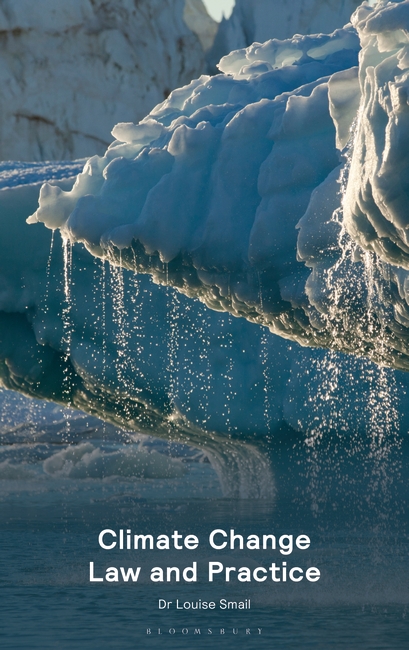To mine or not to mine that is the question…
by Dr Louise Smail
A recent judgement[1] looked at the decision by Cumbria County Council and the Secretary of State to grant planning permission to West Cumbria Mining Limited, (WCML), for the opening of a new underground coal mine at Whitehaven, Cumbria.
This judgment is the first to apply the Supreme Court ruling in Finch[2], which mandates that "downstream" greenhouse gas emissions must be considered in an Environmental Impact Assessment (EIA), not just those produced by the development itself. The purpose of an EIA is to ensure that decision-making processes are conducted with full knowledge of the environmental cost where projects are likely to have significant effects on the environment.
[1] Friends of the Earth and another v Secretary of State for Levelling Up, Housing and Communities and others https://www.judiciary.uk/judgments/friends-of-the-earth-and-another-v-secretary-of-state-for-levelling-up-housing-and-communities-and-others/
[2] In the landmark case of Finch v Surrey County Council, the UK Supreme Court ruled that planning authorities must assess the downstream greenhouse gas (GHG) emissions from burning oil and gas as part of the Environmental Impact Assessment (EIA) process for new fossil fuel projects. This ruling means that the potential climate impact of burning the extracted fossil fuels, even if it occurs far from the project site, must be considered before granting planning permission.
The argument was that the proposed mine would allow other coal to stay in the ground and that the global supply of coal would remain unchanged. This was rejected. The EIA accepted by the Secretary of State did not consider the greenhouse gas emissions that would be emitted if the coal were mined.
The Secretary of State must be satisfied when considering a planning application and completing an EIA, that the substitution (in this case, UK coal) would be a perfect substitution in terms of greenhouse gas emissions. The Secretary of State concluded that the climate impacts of the mine were "neutral or at worst slightly beneficial" due to the degree of substitution.
However, the Secretary of State repeatedly found that substitution would not be perfect. Evidence showed that even if 1.1% of the coal was not subject to substitution, it would lead to a net increase in greenhouse gas emissions. The Court found that the Secretary of State had failed to reach any consistent view or provide an adequate explanation for the view taken.
WCML proposed a number of ways to mitigate the emissions resulting from the mining, mainly through purchasing carbon credits. They argued that this would not impact the UK's statutory Carbon Budgets. However, the carbon credits would have been from outside the UK and would not lead to reductions within the UK. It was held that the Secretary of State had erred in law by failing to address FoE's submissions that offsetting should be within the UK, rather than internationally.
WCML was given a deadline by the Ministry of Housing, Communities and Local Government (MHCLG) to decide whether it wanted to continue its planning permission application. WCML has now dropped these plans.
This means that developers with significant development projects must now look closely at stricter environmental regulations, to ensure comprehensive EIAs that include downstream emissions and align with sustainable planning and land use practices. Authorities will now closely examine downstream emissions and how developers aim to achieve perfect substitution or be 'Net Zero'.
Dr Louise Smail is the author of a number of environmental law books published by Bloomsbury Professional. Her new book, Climate Change Law and Practice, is available 05 June 2025.

